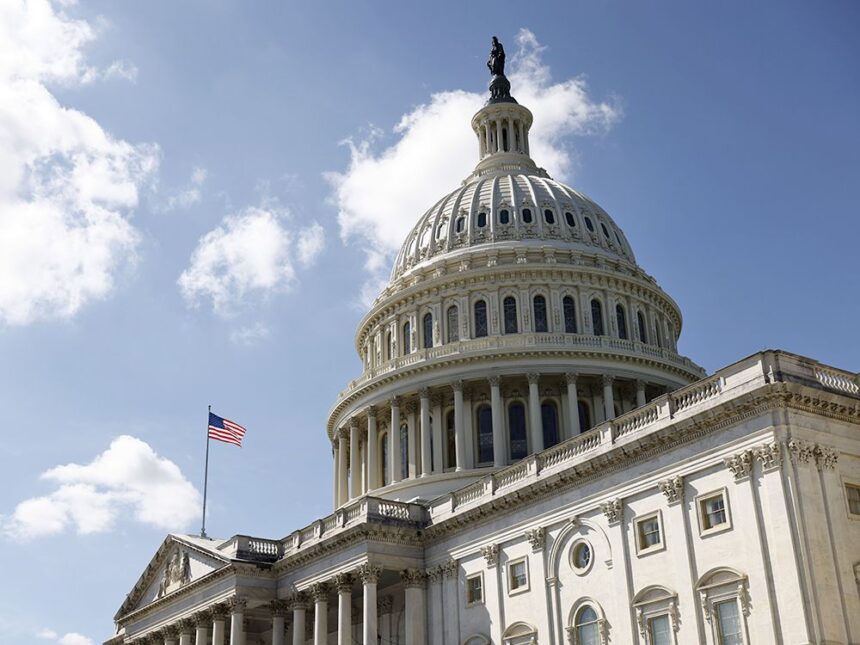A coalition of Republican lawmakers has sounded the alarm over Canada’s Online Streaming Act, warning it could trigger significant trade repercussions between the two historically aligned nations. In a strongly-worded letter to U.S. Trade Representative Katherine Tai, 22 Republican members of Congress demanded immediate action against what they describe as “discriminatory” legislation that threatens American digital service providers operating north of the border.
The controversial Bill C-11, which received royal assent last April, requires streaming platforms like Netflix, Disney+, and YouTube to promote Canadian content and potentially contribute financially to Canadian production. Republican lawmakers, led by Representatives Jim Banks and Michael McCaul, argue the legislation violates commitments Canada made under the United States-Mexico-Canada Agreement (USMCA).
“The Online Streaming Act and its implementing regulations represent a major threat to cross-border trade in digital services,” the letter states. “It’s imperative that the Biden administration take swift action to prevent further damage to American businesses and creators.”
At the heart of the dispute is Canada’s plan to require streaming giants to contribute approximately 5% of their Canadian revenue to support domestic content production. The Canadian Radio-television and Telecommunications Commission (CRTC), which oversees implementation of the act, has already initiated regulatory proceedings that could force these platforms to make Canadian content more discoverable to users.
This represents the latest escalation in what has become a contentious international dispute. U.S. officials previously expressed concern when the legislation was still being debated in Parliament, suggesting it could trigger trade retaliation if enacted. Despite these warnings, Prime Minister Justin Trudeau’s government proceeded with the legislation, arguing it creates a level playing field between traditional broadcasters and digital streaming services.
Canadian Heritage Minister Pascale St-Onge defended the act, stating: “This legislation simply ensures digital giants contribute fairly to our cultural ecosystem, just as traditional broadcasters have done for decades. It’s about cultural sovereignty, not trade protectionism.”
Industry experts caution that the dispute could expand beyond political posturing. Dr. Michael Geist, Canada Research Chair in Internet and E-commerce Law at the University of Ottawa, notes that “this goes beyond partisan politics. There are legitimate concerns about whether aspects of the legislation violate Canada’s trade commitments, particularly around national treatment principles.”
The Republican lawmakers’ letter demands that the Biden administration initiate formal consultations under USMCA provisions, which could ultimately lead to a dispute resolution panel. If Canada is found to have violated the agreement, the U.S. could impose retaliatory tariffs on Canadian goods.
The timing is particularly sensitive as both countries prepare for elections within the next year. In Canada, the Conservative opposition has consistently opposed the Online Streaming Act, with leader Pierre Poilievre vowing to repeal it if elected. Meanwhile, U.S. politicians are increasingly focusing on trade issues as the 2024 presidential campaign intensifies.
For Canadian consumers, the dispute raises questions about how their streaming experiences might change. The CRTC regulations could alter recommendation algorithms and content availability across popular platforms. Netflix has already warned that forced Canadian content promotion could disrupt the personalized viewing experience their subscribers expect.
As diplomatic channels work to address these concerns, the fundamental question remains: can Canada balance its cultural sovereignty ambitions with its international trade obligations, or will this legislation mark the beginning of a deeper trade conflict with its largest trading partner?










